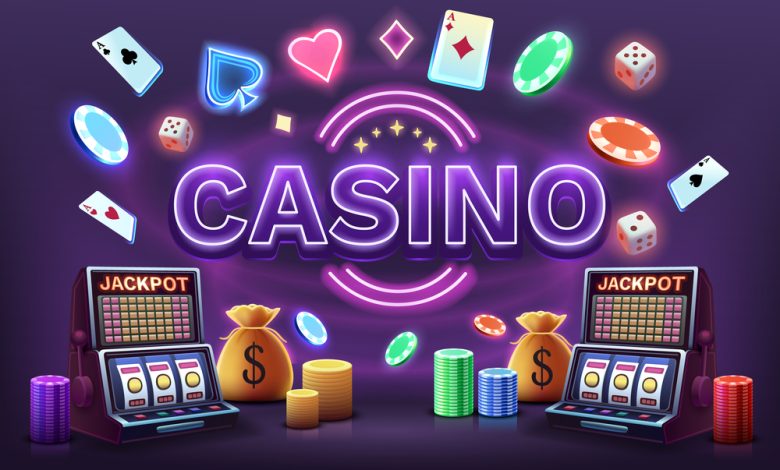Online gambling has transformed the landscape of entertainment and leisure activities in the 21st century. With the advent of the internet and advancements in technology, traditional casinos have expanded their reach beyond physical locations, offering an array of gaming options accessible from the comfort of one’s home. This article explores the evolution, current trends, and the future of online link alternatif apizeus777 gambling.
The Evolution of Online Gambling
The roots of online gambling can be traced back to the mid-1990s when the first online casinos began to appear. In 1994, Antigua and Barbuda passed the Free Trade and Processing Act, allowing licenses for online gaming companies. The first fully operational online casino, InterCasino, launched in 1996, offering players a limited selection of games.
Over the years, the industry saw rapid growth, spurred by technological advancements and the increasing availability of high-speed internet. The introduction of mobile technology in the late 2000s further revolutionized the sector, making gambling accessible via smartphones and tablets. As a result, online gambling has evolved into a multi-billion dollar industry, encompassing various forms of gaming, including sports betting, poker, and casino games.
Current Trends in Online Gambling
- Mobile Gaming: The shift to mobile has been one of the most significant trends in recent years. Players can now access their favorite games on-the-go, leading to a rise in mobile apps and responsive websites. Statistics show that mobile gaming accounts for over 50% of all online gambling revenue, making it essential for operators to optimize their platforms for mobile users.
- Live Dealer Games: To bridge the gap between online and brick-and-mortar casinos, many operators have introduced live dealer games. These games utilize streaming technology to offer real-time interaction with professional dealers, creating an immersive experience that mimics the atmosphere of a physical casino.
- Cryptocurrency Integration: The rise of cryptocurrencies like Bitcoin has also influenced the online gambling industry. Many online casinos now accept cryptocurrencies as a payment method, allowing for faster transactions, increased anonymity, and lower fees. This trend is expected to continue as more players seek secure and private options for their gambling activities.
- Regulatory Changes: As online gambling grows, so does the scrutiny from governments and regulatory bodies. Different countries have enacted various laws to regulate online gaming, leading to a fragmented market. In recent years, several jurisdictions have legalized online gambling, resulting in increased competition and innovation among operators.
- Gamification and Loyalty Programs: To attract and retain players, online casinos are increasingly incorporating gamification elements into their platforms. This includes reward systems, challenges, and social features that enhance user engagement. Loyalty programs are also becoming more sophisticated, offering players personalized experiences and rewards based on their gaming habits.
The Impact of Online Gambling
Online gambling has significant economic implications. It has created jobs in various sectors, from software development to customer service. Additionally, it generates substantial tax revenue for governments. However, the industry also faces challenges, particularly concerning responsible gambling. The ease of access to online gambling can lead to addiction and financial issues for some individuals.
Operators are increasingly focusing on promoting responsible gambling practices, implementing tools such as self-exclusion options, deposit limits, and age verification to protect vulnerable players. Educational initiatives aimed at raising awareness about the risks associated with gambling are also gaining traction.
The Future of Online Gambling
The future of online gambling looks promising, driven by technological advancements and changing consumer preferences. Innovations such as virtual reality (VR) and augmented reality (AR) are poised to reshape the gaming experience, offering players a more immersive and interactive environment. Additionally, artificial intelligence (AI) is expected to play a crucial role in personalizing gaming experiences and improving customer support.
As the industry continues to evolve, regulatory frameworks will need to adapt to keep pace with emerging trends and technologies. Striking a balance between innovation and responsible gaming will be essential to ensure the long-term sustainability of the online gambling sector.


